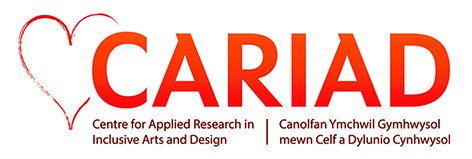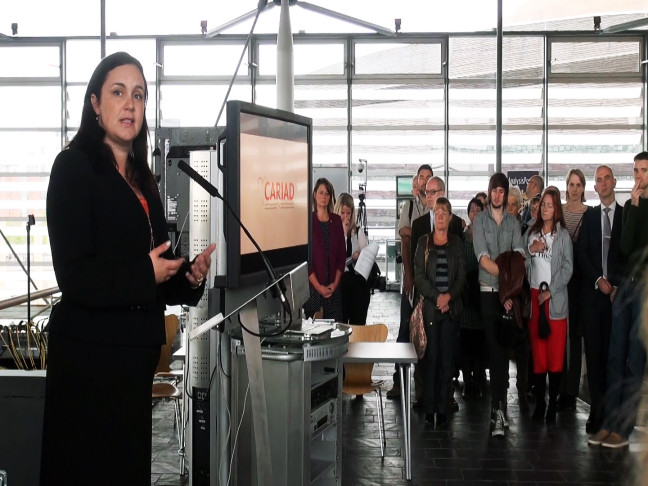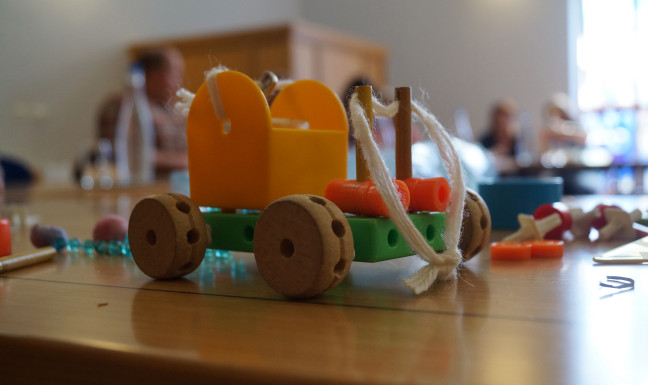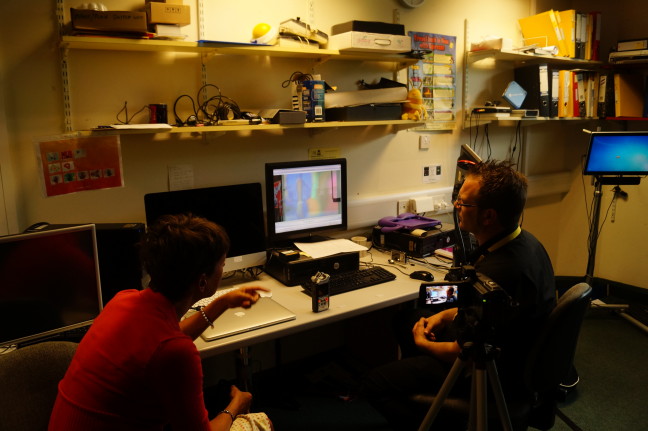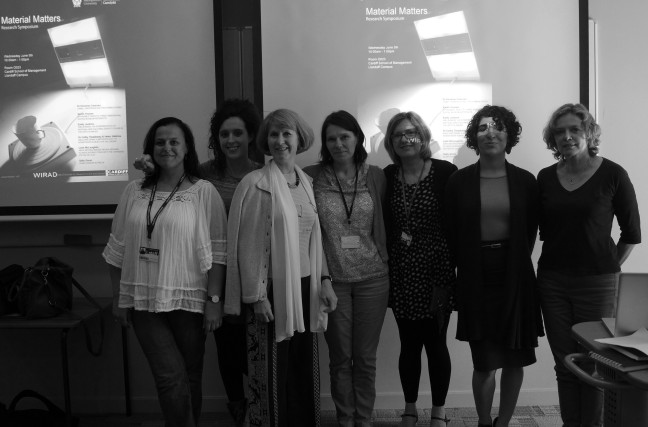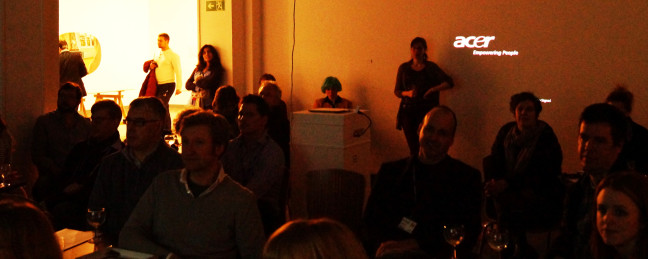CARIAD had our biggest event to date on Thursday, our official launch at the iconic Senedd building in Cardiff bay. We were honoured to have the support of three assembly members. Leanne Wood AM officially launched the centre and offered wonderful words of support and encouragement for the team. Eluned Parrott AM was our official sponsor and made the day possible. She presented some insightful thoughts and offered her congratulations to the successes of CARIAD thus far. We are looking forward to welcoming Eluned Parrott AM at some of our workshops in the near future! Jenny Rathbone AM also attended the day in full support of all of our research projects. We were also thrilled to have the wonderful Glynis from the Hollies School and Anthony from Trinity Fields on the podium to represent our stakeholders and say a few words about their experiences working with CARIAD. John Killick from Dementia Positive closed the session with a touching poem and invited everybody to come and have fun at his workshop later.
In true CARIAD style the day was much much more than a launch, we also hosted two separate workshops and demonstrated some of our capturing and video coding technologies working with AnalysisPro LTD http://www.analysispro.net/ and the Centre for Performance Analysis http://www3.cardiffmet.ac.uk/english/sport/about/staff/academic/pa/pages/home.aspx
 Wendy’s Paper Prototyping workshop used paper to rapid prototype interactive and non-verbal communicative devices. The morning invited our PLC (professional learning community) group in Gesture-Based Technologies http://kinectsen.wikispaces.com/ and many new stakeholders to come up with a technology, using only paper, which might facilitate communication. These were presented back to the group and a vote was taken on which technology to develop further. The ‘rhythm detector’ won in the end and our invited coding and technology experts from our partner’s at CARIAD Interactive http://cariadinteractive.com/ created a code and working prototype which we were all playing on by the end of the session, not bad for a day’s work!
Wendy’s Paper Prototyping workshop used paper to rapid prototype interactive and non-verbal communicative devices. The morning invited our PLC (professional learning community) group in Gesture-Based Technologies http://kinectsen.wikispaces.com/ and many new stakeholders to come up with a technology, using only paper, which might facilitate communication. These were presented back to the group and a vote was taken on which technology to develop further. The ‘rhythm detector’ won in the end and our invited coding and technology experts from our partner’s at CARIAD Interactive http://cariadinteractive.com/ created a code and working prototype which we were all playing on by the end of the session, not bad for a day’s work!
 Our second workshop was last of Cathy’s OPAN funded sessions, we invited John Killick from Dementia Positive to come and run one of his infamous ‘invitation to have fun’ events, and fun it was. We made human statues, described objects through touch and even had a puppet show! While the sound of laughter was echoing from the building throughout the day the message was poignant: Dementia is not something to be frightened of or to shy away from. We need to find ways to engage with it and adopt a more positive and responsive attitude towards investigating and understanding some of the underlying features of the condition and ‘we must not be afraid to laugh’! You can read more about the day’s events and see more pictures here on Cardiff Met’s main page: http://www3.cardiffmet.ac.uk/English/News/Pages/CardiffMetlaunchesinteractiveandinclusiveartsresearchfacility.aspx
Our second workshop was last of Cathy’s OPAN funded sessions, we invited John Killick from Dementia Positive to come and run one of his infamous ‘invitation to have fun’ events, and fun it was. We made human statues, described objects through touch and even had a puppet show! While the sound of laughter was echoing from the building throughout the day the message was poignant: Dementia is not something to be frightened of or to shy away from. We need to find ways to engage with it and adopt a more positive and responsive attitude towards investigating and understanding some of the underlying features of the condition and ‘we must not be afraid to laugh’! You can read more about the day’s events and see more pictures here on Cardiff Met’s main page: http://www3.cardiffmet.ac.uk/English/News/Pages/CardiffMetlaunchesinteractiveandinclusiveartsresearchfacility.aspx
Our latest edition to the team Steve Coleman PhD student (read about him here http://cariadblog.wordpress.com/2013/09/25/cariad-awarded-ria-research-innovation-award-to-support-new-phd-student-steve-coleman-investigating-the-benefits-of-creative-play-for-people-with-dementia/ ) also made this fantastic video documenting the day’s events, take a look https://vimeo.com/75386114 thanks Steve!
CARIAD really has so many people to thank for the successes of the day and rather than thank a few here publicly we would rather thank EVERYBODY privately. Here’s looking forward to making this an annual event, thanks to all involved
